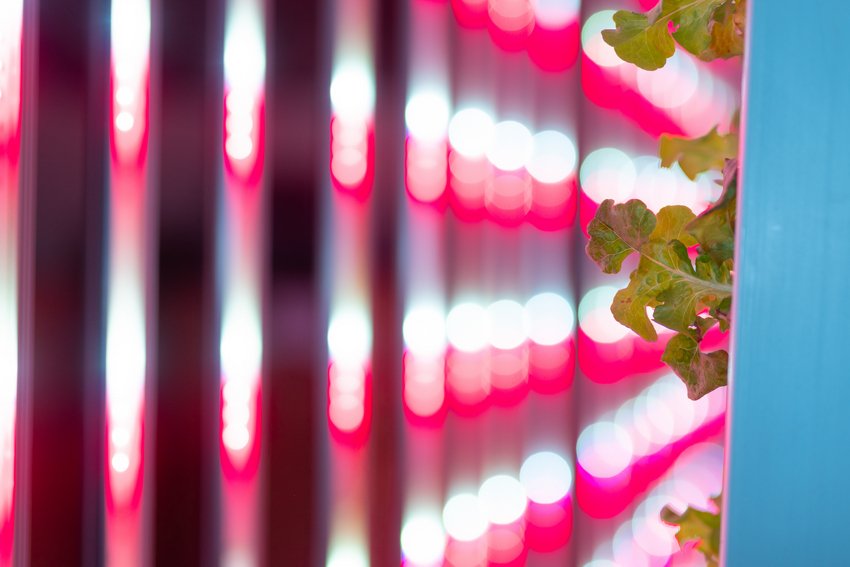
Heath Park - 21st Century Port Sunlight with a Community Embedded Vertical Farm at its heart - The Field of the Future
Who’s Involved
Farm Urban
—
SOG Group
—
University of Liverpool
The Project
The goal of SOG Group is to transform its location at The Heath in Runcorn into Heath Park, a sustainable, futuristic environment where people can live, work and play. It’s a model environment for future living which one of Liverpool City Region’s ‘Beacon Projects’ and features as one of 35 ethical projects in the UK Government’s Global Investment Atlas.
Commercially operational vertical Farm
Research and innovation centre
Routes & Shoots community Education Programme
Mixed use event space and conference centre
Café and Bar - Family focused during the day and early evening with a wholesome night time economy offer
Permaculture garden and outdoor classroom and urban allotments
“Vertical farms are the future “ John Lewis, Managing Director SOG Ltd.
Financials: vertical farming is a high growth market – globally valued at £2.2bn in 2018, total available market set to reach £50bn by 2030 (source: Barclays). SOG Group sees the vertical farm at the heart of Heath Park as a key strategic investment:
Showcasing Heath Park and Runcorn as a world leader in a green industry of the future
Providing a new, clean, green industry for local people to replace the declining chemical industry
Attracting a clustering of related industries to the site
Making Heath Park stand out as the place to be for businesses, residents and visitors.
Environmental, Social and Governance (ESG) impact: a vertical farm on site at Heath Park will:
Provide local net zero food production to reduce greenhouse gas emissions
Contribution to cleaner air; vertical farms can remove the atmospheric carbon and other pollutants – like ammonia or nitrogen dioxide – from the air.
Reduced carbon, through shorter food distribution routes
Provide high-tech and meaningful jobs like farm managers, farm technicians, botanists, researchers, green community engagers, engineers and marketeers.
Provide green infrastructure like Farm Urban’s Edible Walls, rooftop urban farms, permaculture gardens, urban allotments and wild flower meadows, which increase urban biodiversity facilities
Give agricultural land back to nature, increasing biodiversity and reducing carbon globally. By not using large amounts of chemicals, pesticides and fertilisers for farming, and tilling the soil, we prevent a lot of the environmental destruction associated with traditional soil-based agriculture.
"The research that we are undertaking with Farm Urban allows us to apply our expertise in crop biology to improve the efficiency and quality of locally grown, nutritious food. In the short term, this will further establish and strengthen the viability of vertical farming. Which, in the long term, we hope will contribute to a resource efficient means for producing food sustainably."
Dr Richard Webster, Plant Physiologist





